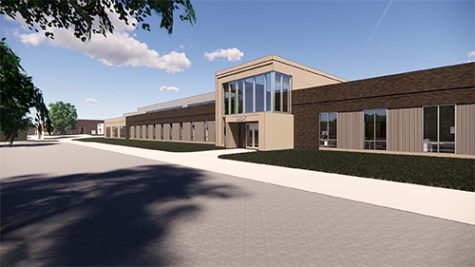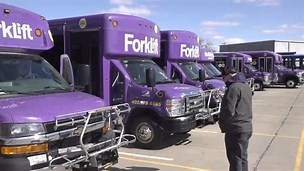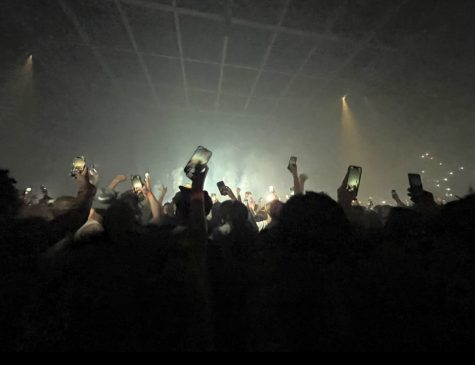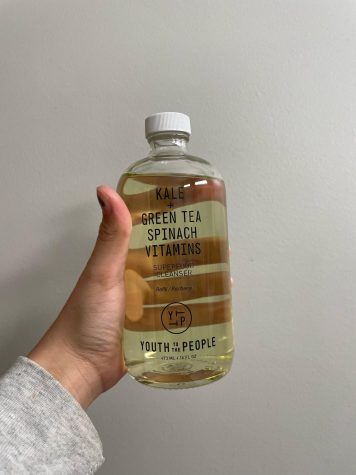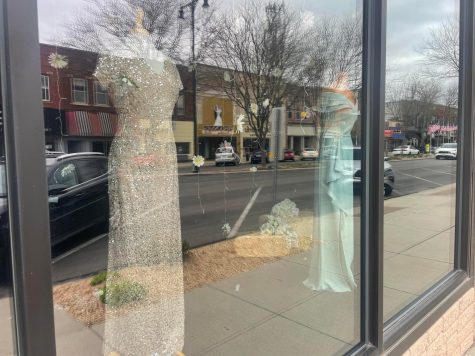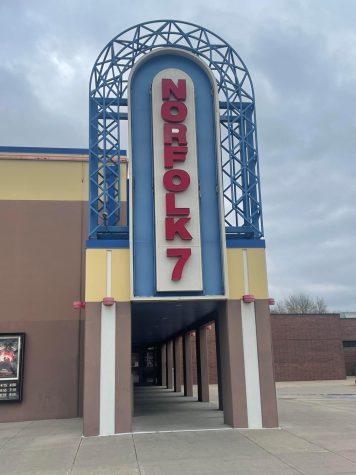Deal To Allow US Sales To Indian Nuclear Plants
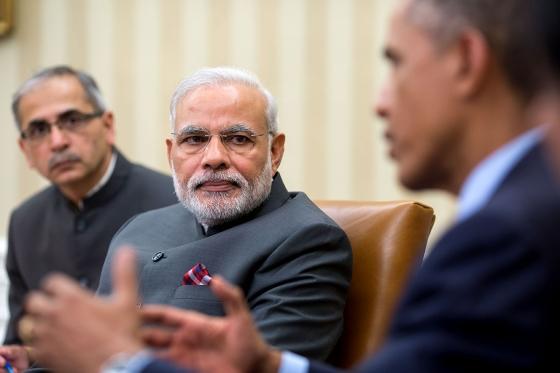
January 27, 2015
NEW DELHI — President Barack Obama and Indian Prime Minister Narendra Modi announced a deal Sunday to clear the way for American companies to help build India’s energy sector, potentially bringing tens of billions of dollars and thousands of jobs to the United States.
A nuclear deal in 2008 was hailed as the highpoint of the relationship between the two countries that have sometimes been at odds. But they had been at an impasse since India passed the laws in 2010 that left suppliers, not operators, accountable for damages resulting from accidents at nuclear facilities.
“We are committed to moving towards full implementation and this is an important step that shows how we can work together to elevate our relationship,” Obama said.
Obama and his wife, Michelle, arrived in New Delhi Sunday morning for a quick, three-day trip, designed to signal improving relations both with policies such as the nuclear deal and with the images of two leaders who appear to genuinely like each other.
“Barack and I have formed a bond, a friendship,” Modi said. “We can laugh and joke and talk easily on the phone. The chemistry that has brought Barack and me closer has also brought Washington and Delhi closer.”
In a private meeting, Obama and Modi solidified a new 10-year defense agreement, made strides on clean energy and agreed on a way to coordinate fighting against terrorist groups and keep nearby Afghanistan stable.
But the most significant agreement was the nuclear deal.
The compromise does not require any legislation.
But it will be up to the companies to decide whether to do business in India. Companies that could benefit are General Electric, Westinghouse and Bechtel.
“This is an important breakthrough, and has the potential to move this initiative forward to provide clean power to the Indian people while providing U.S. companies the liability protection they require,” said Sen. Mark Warner, D-Va., co-chairman of the Senate India caucus who accompanied Obama on the trip.
In 2008, the two countries agreed to permit civilian nuclear trade for the first time in three decades. It called for U.S. companies to sell nuclear fuel, technology and reactors to India for energy use while India opened 14 civilian nuclear facilities to international inspection.
The United States-India Business Council, which had promoted the original 2008 deal, estimated at the time that India could spend as much as $175 billion over 25 years.
But then India passed the liability laws in 2010 that left suppliers accountable for damages resulting from accidents at nuclear facilities. U.S. companies lost interest in investing in India.
U.S. Ambassador Richard Verma said the deal will bring India in line with international norms. The compromise resolves differences over the liability of suppliers to India if there is a nuclear accident and U.S. demands on tracking the location of materials supplied to the country. He released few details.
“Ultimately it’s up to the companies to go forward, but the two governments came to an understanding,” he said.
Obama was honored at a State Dinner at the presidential palace Sunday night.
And he will be the official guest Monday at Republic Day, a national holiday marking the adoption of the constitution in 1950 that is celebrated with a parade through the streets of New Delhi. The prime minister gave the president a copy of a 1950 telegram from the United States congratulating India on the adoption of its constitution.
“This new partnership will not happen overnight,” Obama said. “It’s going to take time to build and some patience. But it’s clear from this visit that we have a new and perhaps unprecedented opportunity.”
———
©2015 McClatchy Washington Bureau
Visit the McClatchy Washington Bureau at www.mcclatchydc.com
Distributed by Tribune Content Agency, LLC








